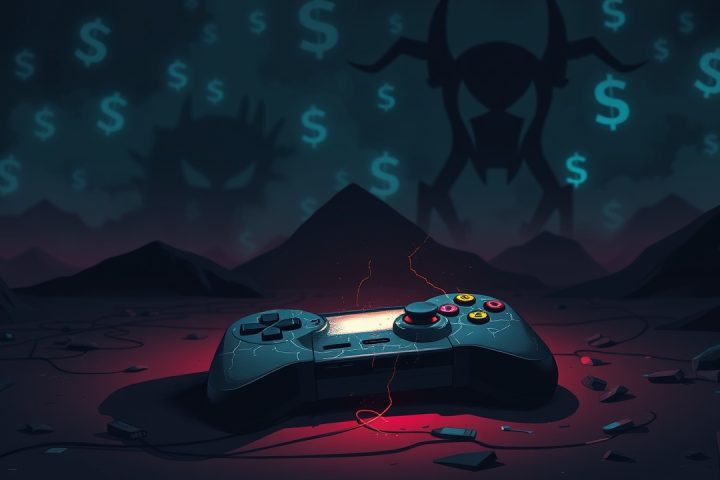California’s Assembly Bill 1052: Unclaimed Cryptocurrency Assets
On Tuesday, California’s House of Representatives passed Assembly Bill 1052, a pivotal piece of legislation targeting unclaimed cryptocurrency assets held by exchanges. The bill stipulates that after a period of three years without any activity or reported interest from the customer, these digital assets could be claimed by the state. However, this move has sparked a variety of opinions among the cryptocurrency community and beyond, often inciting concern among investors on social media platforms.
Proponents’ Position
Proponents of the bill contend that it ensures that unclaimed Bitcoin and other cryptocurrencies will not be liquidated by the government; instead, they will be safeguarded by a custodian until the rightful owner decides to reclaim them. This crucial distinction aims to alleviate fears that an investor’s holdings could be sold without their knowledge or against their will. Under the proposed regulation, cryptocurrency owners need to demonstrate engagement with their accounts at least once every three years through activities such as conducting transactions or logging into their digital wallets.
Legislative Process and Implications
The legislation, which received unanimous support with a vote of 78-0, will now move to the California Senate, where it is open to amendments or even rejection before potentially becoming law. If enacted, it would integrate cryptocurrencies into existing unclaimed property laws that govern various traditional assets, including bank accounts and safe deposit boxes.
Mixed Reactions
Reactions from the cryptocurrency sector have been mixed, with some individuals expressing strong resistance based on a perception that such measures infringe on the privacy principles foundational to the Bitcoin ethos. Many advocates within the community are encouraging self-custody of assets instead of depending on exchanges amid these regulatory shifts.
Clarifications from Advocates
However, Eric Peterson from the pro-Bitcoin organization Satoshi Action Fund attempted to clarify misconceptions surrounding the bill, asserting that concerns about the permanent loss of Bitcoin are unfounded. “When Bitcoin is designated as unclaimed property, it does not dissolve into cash. It remains Bitcoin, and owners can retrieve it in that same form,” he explained in a social media update.
This sentiment was echoed by legal expert Hailey Lennon, who noted that similar unclaimed property laws exist nationally and function to protect owners by allowing them to claim their assets from the state.
Ownership and Value Risks
Importantly, Peterson highlighted that if the value of the seized Bitcoin appreciates, owners would benefit from this growth upon reclaiming their assets. Yet, the inherent risk remains that the value could decline while held by the state. The core takeaway is that the assets will remain unaltered, even though in state custody.
Conclusion
Peterson further elaborated in an online discussion, asserting that “no one will interfere with your private keys or wallet,” reaffirming that the legislation mandates that cryptocurrencies must stay intact in their original form. Thus, while there are valid concerns regarding state intervention in private holdings, there is also assurance for investors that their digital assets will not be liquidated without consent.




